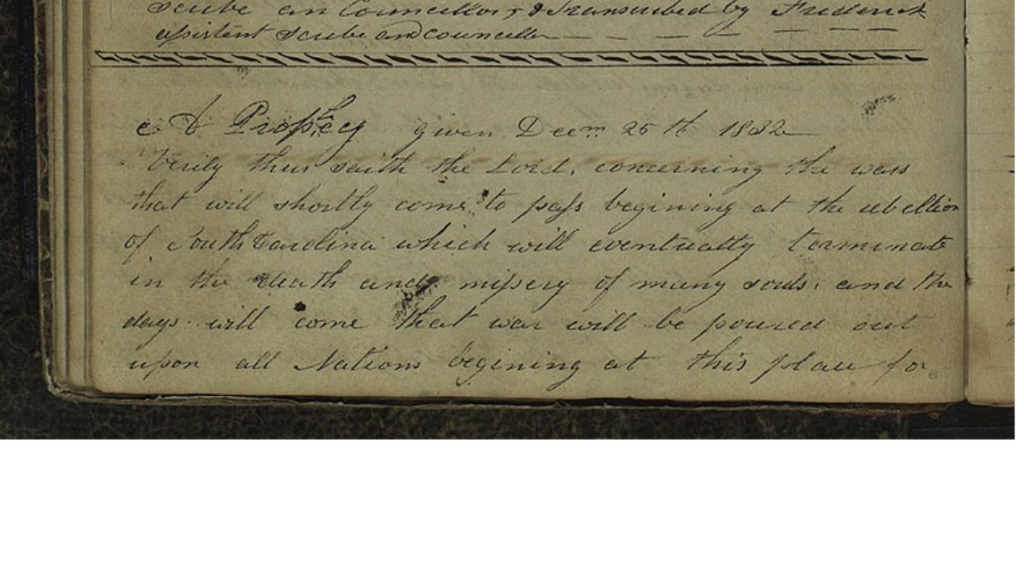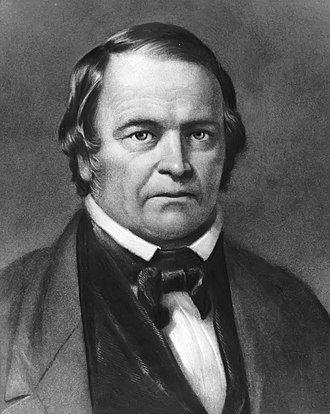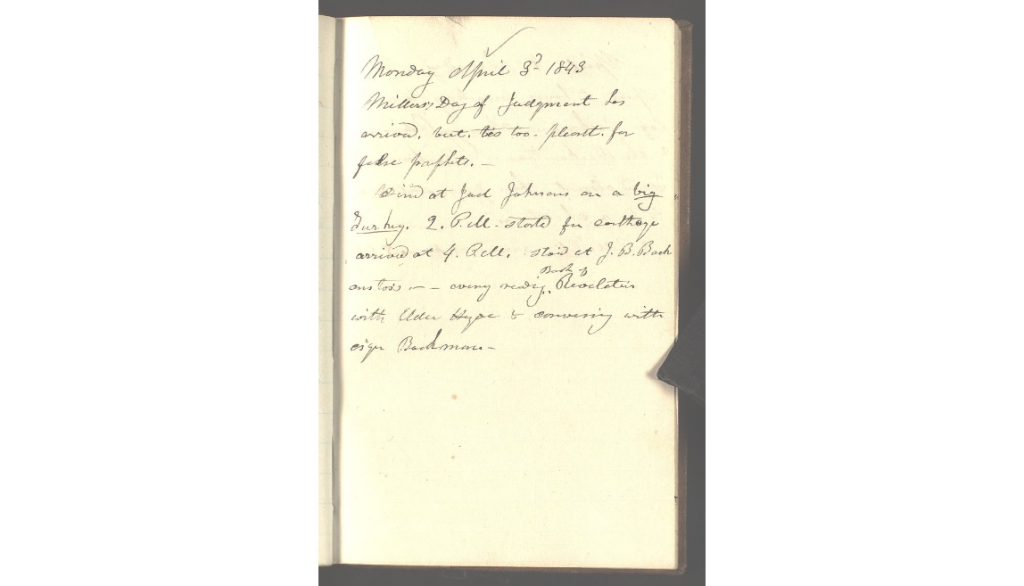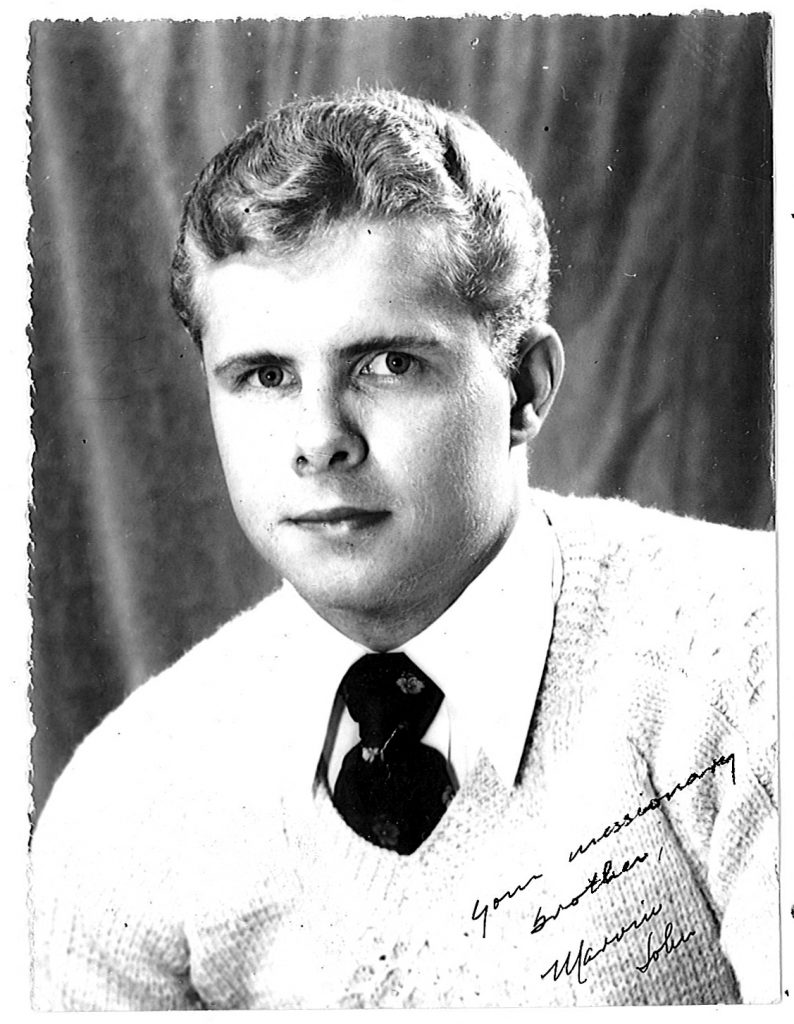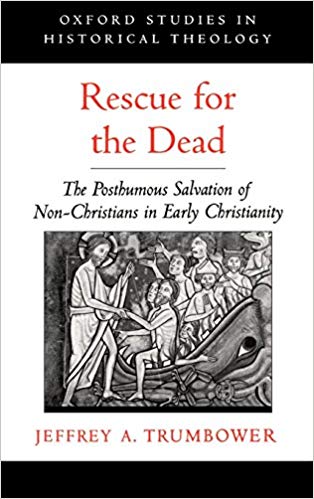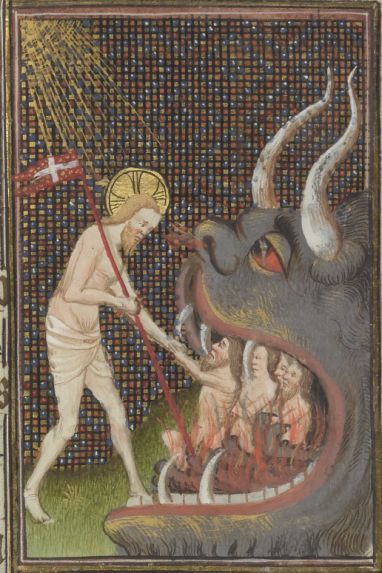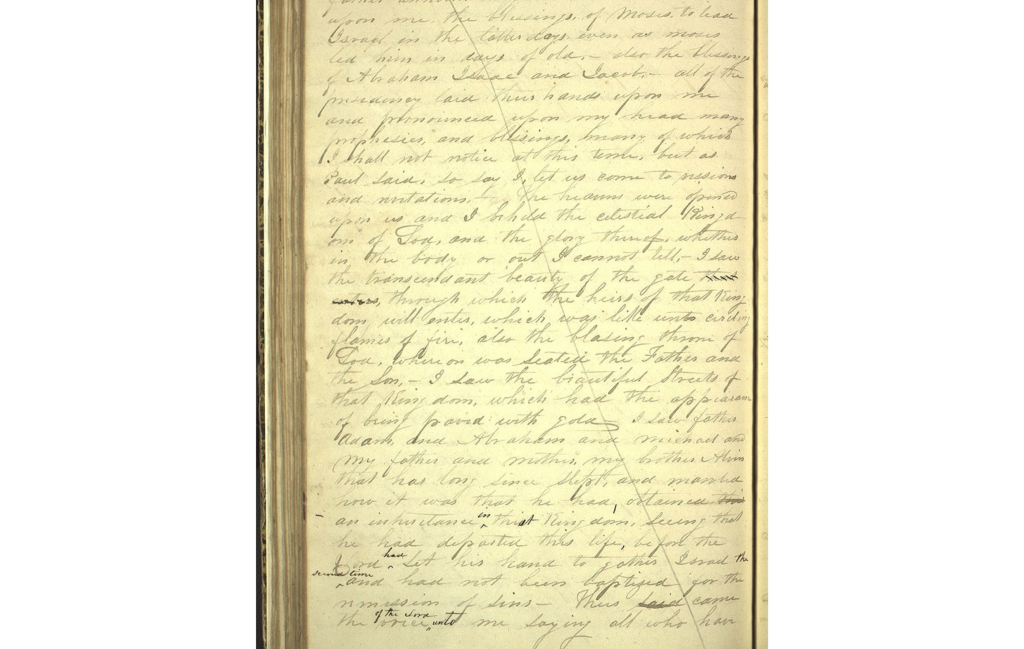On September 17, 1787 (236 years ago this month), thirty-nine delegates signed the United States Constitution. It begins with these words:
We the People of the United States, in Order to form a more perfect Union, establish Justice, insure domestic Tranquility, provide for the common defence, promote the general Welfare, and secure the Blessings of Liberty to ourselves and our Posterity, do ordain and establish this Constitution for the United States of America.
It took four months of intense and divisive closed-door debates in Philadelphia to get the Constitution signed, and that was only the first precarious step in a long, high-stakes fight over whether it would ever become the basis of our government.
One state had refused to send delegates to the convention at all. Many delegates had left the convention early. Three delegates who stayed refused to sign. Once the Constitution was signed it still had to be ratified by at least nine of the thirteen states. And some of America’s most persuasive and patriotic leaders were outspokenly opposed to it, including Samuel Adams, George Mason, and Patrick Henry.
James Madison was a proponent of the Constitution. He realized mid way through the convention that he could not get everything he wanted. So he had to choose between getting some of what he wanted or none of what he wanted. Wisely, he chose to compromise. He had argued that the Constitution did not need a bill of rights, but he lost that fight and, in the end, saw the wisdom of including ten amendments to the Constitution that forbade the government from encroaching on freedom of religion, of speech, of assembly, and to petition or protest, among others.
President Dallin H. Oaks taught,
Without a Bill of Rights, America could not have served as the host nation for the Restoration of the gospel, which began just three decades later.
James Madison’s example, and the June 1, 2023 letter from the First Presidency together with recent teachings from President Nelson and President Oaks, highlight the point I want to make in this post. It is that we need to live in tension without giving way to contention. In other words: In order to form a more perfect union, we must do the difficult work of holding firmly to what the Lord called “just and holy principles” while we humble ourselves, learn from other children of God whose views differ from ours, and find common ground for the general welfare.
President Oaks taught, “on contested issues, we should seek to moderate and unify.” He models how to do that while upholding just and holy principles. Some people have been critical of him for it. They are free to be so. But it was only by making concessions and accepting the wisdom of others’ points of view that James Madison got the Constitution through both the convention and the ratification process.
The Constitution is contingent. It always hangs by what Joseph Smith called “a brittle thread” (Burgess, James. Journal, 1841–1848. CHL. MS 1858). That thread is vulnerable to being severed when we the people pridefully choose parties over principles. President Oaks’s 2021 General Conference talk, “Defending Our Divinely Inspired Constitution” uses the word principle(s) 22 times. There is something important for us to understand about standing on principles.
Many troubling studies have shown that people (of all parties) tend to be more loyal to their party than to their principles.Voters are even more willing to sacrifice democratic principles for partisan interests when the electorate is highly polarized, as ours is. And lots of troubling evidence shows that unprincipled, partisan voters support candidates who violate the voter’s principles. We often overlook or justify the evil of our candidate when we would condemn or vilify the same behavior in the opposing candidate.
Living prophets have encouraged us to participate in politics, including in political parties, but they urge us to put revealed principles above all party loyalties. In 1833 the Lord revealed one principle that should always transcend party loyalty: “When the wicked rule,” he said, “the people mourn. Wherefore, honest men and wise men should be sought for diligently, and good men and wise men ye should observe to uphold; otherwise whatsoever is less than these cometh of evil. And I give unto you a commandment, that ye shall forsake all evil and cleave unto all good.”
Earlier this year the First Presidency declared that “merely voting a straight ticket or voting based on ‘tradition’ without careful study of candidates and their positions on important issues is a threat to democracy and inconsistent with revealed standards (see Doctrine and Covenants 98:10).”
So the prophets have urged us “to spend the time needed to become informed about the issues and candidates you will be considering. Some principles compatible with the gospel may be found in various political parties, and members should seek candidates who best embody those principles. Members should also study candidates carefully and vote for those who have demonstrated integrity, compassion, and service to others, regardless of party affiliation.”
At the recent Joseph Smith Papers Conference, Spencer McBride, the best informed historian of Joseph Smith’s political thoughts and actions, said and illustrated that Joseph Smith’s politics were motivated by two principles above all others, namely political independence (not being the pawn of any party), and liberty and justice for all.
Before the 14th Amendment was added to the the Constitution and the Supreme Court interpreted its equal protection clause to apply to state and local governments, Missouri or any other state could issue executive orders to exterminate Latter-day Saints and the federal government said it would not, and maybe could not, do anything about it. That defect in the Constitution peeved Joseph Smith, and he vowed to do something about it. He was motivated by the principles the Lord had revealed to him earlier, in 1833, when the saints were driven–by men who owned other human beings–from their legally owned and occupied land in Jackson County, Missouri.
That detail about slavery is not tangential to understanding what the Lord revealed about the Constitution. It is at the heart of what the Lord revealed. He said that he had let it be established and that it “should be maintained for the rights and protection of all flesh, according to just and holy principles.” The inclusion of all flesh, not just Americans, not just white people, not just men, is important and intentional. In the next verses the Lord highlights a major shortcoming of the Constitution that conflicts with his plan. He says that all flesh should be protected in their rights according to just and holy principles so that every person “may act in doctrine and principle pertaining to futurity, according to the moral agency which I have given unto him, that every [one] may be accountable for his own sins in the day of judgment. Therefore, it is not right that any [one] should be held in bondage one to another. And for this purpose,” the Lord continues, “have I established the Constitution of this land, by the hands of wise men whom I raised up unto this very purpose” (D&C 101).
This important revelation shows us that the Lord is bigger than the Constitution. He established it, not the other way around. President Oaks taught:
Our belief that the United States Constitution was divinely inspired does not mean that divine revelation dictated every word and phrase . . . . The Constitution was not “a fully grown document,” said President J. Reuben Clark. “On the contrary,” he explained, “we believe it must grow and develop to meet the changing needs of an advancing world.” For example, inspired amendments abolished slavery and gave women the right to vote.
In this sense the Lord himself compromised with the framers of the Constitution and didn’t originally get everything he wanted in it (or taken out of it). President Oaks continued:
What was God’s purpose in establishing the United States Constitution? We see it in the doctrine of moral agency. In the first decade of the restored Church, its members on the western frontier were suffering private and public persecution. Partly this was because of their opposition to the human slavery then existing in the United States. In these unfortunate circumstances, God revealed through the Prophet Joseph Smith eternal truths about His doctrine.
God has given His children moral agency—the power to decide and to act. The most desirable condition for the exercise of that agency is maximum freedom for men and women to act according to their individual choices. Then, the revelation explains, “every man may be accountable for his own sins in the day of judgment” (Doctrine and Covenants 101:78).
“Therefore,” the Lord revealed, “it is not right that any man should be in bondage one to another” (Doctrine and Covenants 101:79). This obviously means that human slavery is wrong. And according to the same principle, it is wrong for citizens to have no voice in the selection of their rulers or the making of their laws.
Joseph Smith taught that the time could come when “even this Nation will be on the very verge of crumbling to peices and tumbling to the ground and when the constitution is upon the brink of ruin this people will be the Staff up[on] which the Nation shall lean and they shall bear away the constitution away from the <very> verge of destruction.”
We can fulfill that prophecy, but unless we do it by following our living prophets, we are part of the problem rather than part of the solution. President Oaks warned about “threats that undermine the inspired principles of the United States Constitution.” He said:
“The stature of the Constitution is diminished by efforts to substitute current societal trends as the reason for its founding, instead of liberty and self-government. The authority of the Constitution is trivialized when candidates or officials ignore its principles. The dignity and force of the Constitution is reduced by those who refer to it like a loyalty test or a political slogan, instead of its lofty status as a source of authorization for and limits on government authority.”
The contingent Constitution hangs in the balance. Latter-day Saints are supposed to be among the people who preserve it. What can we do in order to form a more perfect union? We can follow the examples of our greatest presidents and the teachings of our living prophets.
Constitutional scholar Justin Collings recently showed how George Washington’s vital role in creating and preserving the Constitution hangs on five principles we can espouse. In addition to these, George Washington had what an eminent historian called a sense for power. Washington could could have seized power several times but he always laid it down instead. He surrendered his command of the Continental Army when the war of independence was won. He could have made himself a king like Napoleon did. Instead he handed power peacefully to his duly elected successor. He exemplified the Constitutional principle President Oaks described in these words:
We are to be governed by law and not by individuals, and our loyalty is to the Constitution and its principles and processes, not to any office holder. In this way, all persons are to be equal before the law. These principles block the autocratic ambitions that have corrupted democracy in some countries.
George Washington’s principled leadership showed us how to live by just and holy principles. Abraham Lincoln’s leadership extended those just and holy principles to all flesh, or at least to more of God’s children than ever before.
President Lincoln steered us safely through our greatest Constitutional crisis by followed a nearly perfect recipe of faithfulness to the just and holy principles of the divinely inspired Constitution, the humility to eagerly listen to others whose views differed from his, and the courage to act decisively for a more perfect union, the general welfare, the common defence, and to secure the blessings of liberty to ourselves and our posterity.
When his army won the war and his party won the White House for the second time, Abraham Lincoln could have put party over principles. He did just the opposite. He said to the deeply wounded country, “With malice toward none with charity for all with firmness in the right as God gives us to see the right let us strive on to finish the work we are in to bind up the nation’s wounds, to care for him who shall have borne the battle and for his widow and his orphan ~ to do all which may achieve and cherish a just and lasting peace among ourselves and with all nations.”
Lincoln was doing what Joseph Smith had taught years earlier when he read 1 Corinthians 13 on charity and said:
Don’t be limited in your views with regard to your neighbors’ virtues, but be limited towards your own virtues; and not think yourselves more righteous than others; you must enlarge your souls toward others if yould [you would?] do like Jesus, and carry your fellow creatures to Abram’s bosom.
This is akin to what President Oaks taught in October 2020 when he urged us to act on the Savior’s teaching to love our enemies. He said:
Knowing that we are all children of God gives us a divine vision of the worth of all others and the will and ability to rise above prejudice…. . As I have lived for many years in different places in this nation, the Lord has taught me that it is possible to obey and seek to improve our nation’s laws and also to love our adversaries and our enemies. While not easy, it is possible with the help of our Lord, Jesus Christ. He gave this command to love, and He promises His help as we seek to obey it.
President Nelson recently taught us the Savior’s command to be peacemakers:
… Venomous contention . . . infects our civic dialogue and too many personal relationships today. Civility and decency seem to have disappeared during this era of polarization and passionate disagreements. . . .
Too many pundits, politicians, entertainers, and other influencers throw insults constantly. I am greatly concerned that so many people seem to believe that it is completely acceptable to condemn, malign, and vilify anyone who does not agree with them. . . .
Anger never persuades. Hostility builds no one. Contention never leads to inspired solutions. . . . .As disciples of Jesus Christ, we are to be examples of how to interact with others—especially when we have differences of opinion. One of the easiest ways to identify a true follower of Jesus Christ is how compassionately that person treats other people. . . . .
The Savior’s message is clear: His true disciples build, lift, encourage, persuade, and inspire—no matter how difficult the situation. True disciples of Jesus Christ are peacemakers. . . . One of the best ways we can honor the Savior is to become a peacemaker. . . .
Contention drives away the Spirit—every time. Contention reinforces the false notion that confrontation is the way to resolve differences; but it never is. Contention is a choice. Peacemaking is a choice. You have your agency to choose contention or reconciliation. I urge you to choose to be a peacemaker, now and always.
Brothers and sisters, we can literally change the world—one person and one interaction at a time. How? By modeling how to manage honest differences of opinion with mutual respect and dignified dialogue.
We almost didn’t get a Constitution. We have almost lost it several times. The Constitution is contingent. It always hangs by what Joseph Smith called “a brittle thread” (Burgess, James. Journal, 1841–1848. CHL. MS 1858).
The biggest threat to our divinely inspired Constitution is us–the petty, partisan, prideful worst parts of each of us. The good news is that the greatest hope for our divinely inspired Constitution is also us–the best parts of us; the principled, prayerful, and patriotic parts. If we choose to let God prevail, we can be fully faithful to just and holy principles including the extension and preservation of moral agency for all flesh, and we can do so with charity for all and malice toward none.
That’s how we’ll defend our divinely inspired Constitution.

